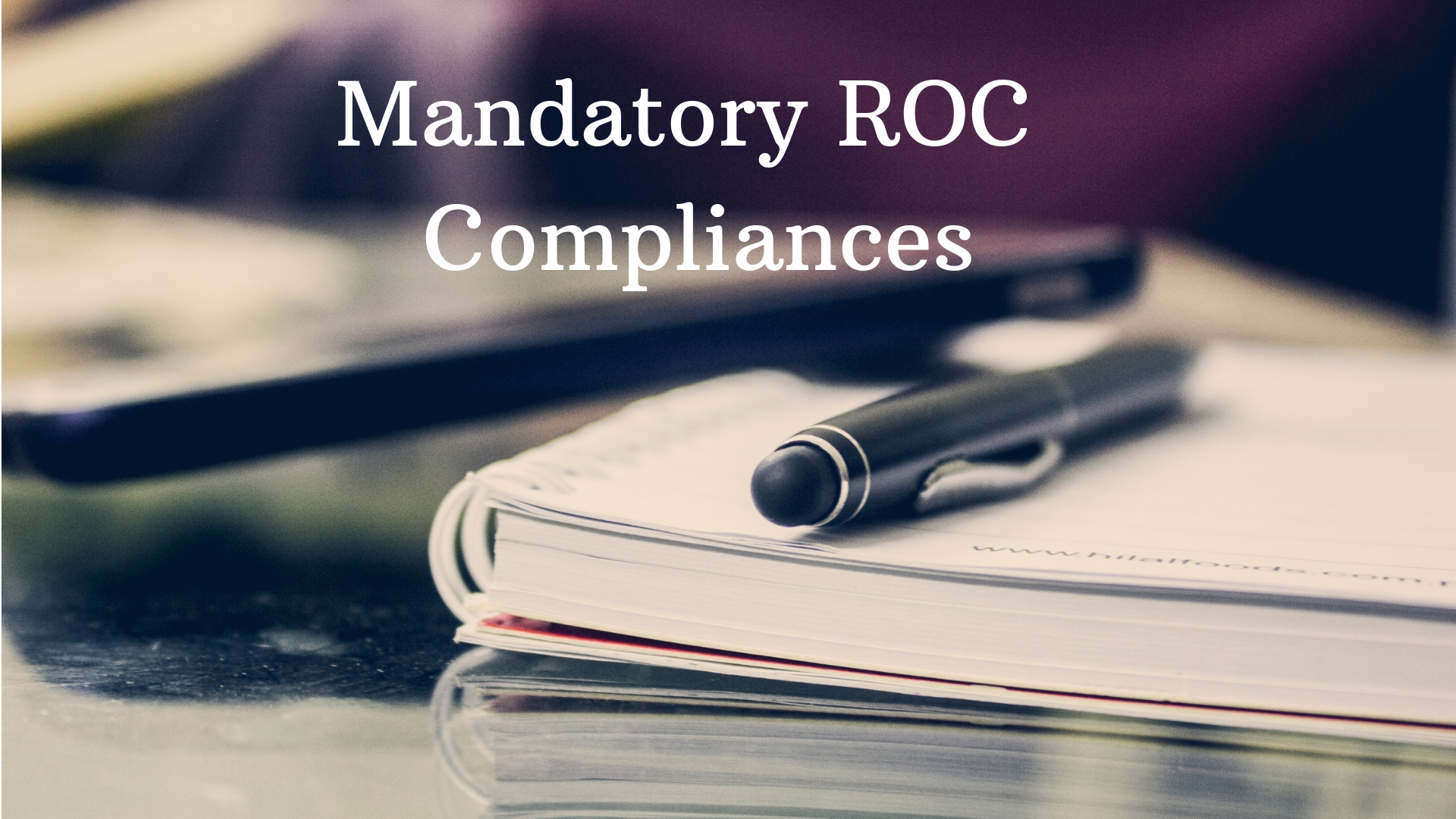What is the Procedure of Conversion of Private Company into LLP?

Dashmeet Kaur | Updated: Apr 05, 2020 | Category: Compliance
A business structure needs to be flexible with lesser compliances to cope with the dynamic nature of the corporate world. One such legal entity that provides both the flexibility of Partnership Firm and perks of Limited Liability is LLP. Though Limited Liability Partnership is a relatively new concept than Private Company, yet several business enthusiasts were drawn to incorporate it. Since LLP offers an array of benefits, many small, medium, and large scale Private Companies intends to convert into an LLP. If you are also seeking to undertake the conversion of Private Company into LLP, then you must perceive a complete knowledge from this document.
Table of Contents
Head to head comparison between Private Company and LLP
Before carrying out the conversion process of Private Company to LLP, it is crucial to evaluate the changes it will generate post-conversion. So let’s compare a Private Limited Company with Limited Liability Partnership to highlight the differences:
|
Terms of Differences |
Limited Liability Partnership |
Private Company |
|
No. of Members |
To incorporate an LLP, a company needs to have at least 2 members, while there is no limit on the maximum number of members. |
2 members are required to start a Private Limited Company; however, it cannot extend to the limit of 200. |
|
Minimum Paid-Capital |
No minimum paid-up capital is required in the case of an LLP. |
The requirement of minimum paid-up capital for a Private Company is also removed |
|
Compliances Cost |
The cost of statutory compliances is much lesser. |
Private Companies have to spend more on statutory compliances. |
|
Regulatory Provisions |
LLPs are monitored under the provisions of the Limited Liability Partnership Act, 2008. |
Private Limited Companies follows to guidelines of Companies Act, 2013. |
|
Dividend Distribution Tax |
Limited Liability Partnerships are exempted from the Dividend Distribution Tax. |
Private Companies are liable to pay Dividend Distribution Tax. |
|
Annual Meetings |
LLPs are not bound to conduct a specific number of meetings. |
A Private Limited Company is obliged to conduct minimum 2 Board Meetings each year. |
|
Auditing Requirements |
The accounts of an LLP shall only need to be audited when its turnover exceeds INR 40 Lakhs or when its capital contribution is more than INR 25 Lakhs. |
Auditing is a must for Private Companies irrespective of the amount of the share capital. |
Reasons to covert a Private Company into Limited Liability Partnership
Conversion of Private Company into LLP can be beneficial in the following ways:
- Unlimited Members: Minimum two members are needed to register an LLP, and there is no restriction on the maximum members, unlike a Private Limited Company, which cannot have more than 200 members.
- No Paid-up Capital required: The most significant advantage of LLP is that it does not need a minimum paid-capital. Whereas, Private Limited Companies have to contribute a minimum paid-up capital of INR 1Lakh.
- Less Compliance burden: A Limited Liability Partnership only has to file Annual Return and Statement of Accounts each financial year. On the other hand, a Private Limited Company adhere to various annual compliances
- Tax exemptions– In terms of taxation, LLPs are privileged and are liable to pay for Income Tax without any implications of Corporation Tax or Dividend Distribution Tax.
- No compulsion on maintaining Statutory Records or holding Board Meetings– The internal structure of an LLP can be handled with ease as there is no stringent rules and regulation.
- No compulsion on Account Audit- Irrespective of the Share Capital, every Public or Private Limited Companies have to get their account audited. Perhaps, LLP is required to get the accounts audited only under two conditions:
- When the contribution exceeds INR 25Lakhs;
- If the Annual Turnover is more than INR 40 Lakhs.
Eligibility for Conversion of Private Company into LLP
Now that you have understood the benefits of LLP, you must be eager to convert into one. However, there are some prerequisites that you have to meet before conversion:
- The Private Company has no security interest in the assets during application.
- Partners of the proposed LLP should be none one other than the shareholders of the Private Company.
- The company must not have any pending or open charges against it.
- There should be no e-forms due for the payment.
- The company must have filed at least one Balance Sheet & Annual Return.
Step by step procedure to convert a Private Company into LLP
Follow these steps for converting your Private Limited Company into a Limited Liability Partnership:
- Convene a Board Meeting: The first step is to summon the Board Meeting of Directors to pass the following Resolutions:
- Conversion of Private Company into LLP; and
- Authorizing a Director to apply name in form RUN-LLP.
- Filing of form RUN-LLP: Now, fill up the RUN (Reserve Unique Name) form for reserving the name of your proposed LLP. Ensure to provide maximum of two names in preferential order. The approved name shall be available within three months.
- Consent Letters: The next step is to obtain the written consent from all Shareholders and Creditors for the conversion of Private Company to LLP.
- File Incorporation (FiLLiP form): It’s time to file LLP incorporation form FiLLiP and attach the following documents:
- Address proof of the registered office of LLP such as utility bill (not older than 2 months);
- Subscribers’ sheet along with the consent in Form INC-9;
- Details of LLP or Companies in which designated partners are interested;
- KYC of the designated partners like PAN card, Voter ID card, Aadhaar card, etc.
- File Application for Conversion: Thereafter, you need to apply for conversion in form-18 and affix these documents:-
- Statement of Shareholders of the Company (that all the provisions of LLP Act & Rules have been complied with);
- Statement of Assets and Liabilities of the Company duly certified as true and correct by the Auditor (As on date);
- List of all secured creditors along with their consent;
- Copy of acknowledgment of latest Income Tax Return;
- Consent Letters from all the shareholders to convert the Company into LLP.
- Issuance of CIN: ROC shall grant a fresh Certificate of Incorporation in Form 19
- File Form 14: Within 15 days of obtaining the Certificate of incorporation, you have to file Form 14 to intimate the ROC for the conversion of your Company into LLP. Attach these list of essential documents with the form:
- Certificate of Incorporation and;
- Other incorporation documents filed in Form FiLLiP.
- Draft the LLP Agreement: Now, you have to prepare and draft the LLP Agreement, which must include these clauses:
- Name of LLP
- Name of the Partners & Designated Partners
- Form of Contribution
- Profit-Sharing Ratio
- Proposed Business
- Rights & Duties of the Partners
- Meetings
- Voting Rights
- Powers of the Partners and Designated Partners
- Obligations and Liabilities of the Partners and Designated Partners
- Rules for governing the LLP
- File Form 3– The last step is to file Form-3 and attach the LLP Agreement within 30 days from the date of receiving Certificate of Incorporation.
Impact of Conversion
These are the implications of concerting a Private Company into an LLP:
- The Private Company will be deemed to get dissolved.
- The name of the Private Limited Company will be removed from the register of ROC.
- All assets, properties, rights, interests and privileges of the Private Limited Company will be transferred to the LLP post-conversion.
- The conversion has no bearing on the existing obligations, liabilities, contracts, agreements and continued employment.
Conclusion
Also, Read: How to Change or Replace the Director and Shareholder of Company?.














